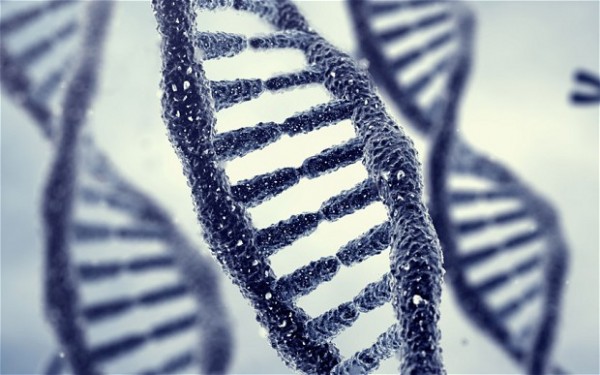
Advertisement
Memories are all we have and yet, some of our recollections may not be our own. Scientists have long suspected that memories can be inherited, but never quite understood how. Now, researchers at Tel Aviv University claim to have discovered the mechanism that “[turns] the transference of environmental influences on and off.”
In the study, published in the journal Cell, the researchers pinpointed a specific neural mechanism that determines if certain epigenetic responses will be inherited, explained Wired.
Epigenetics is the study of changes in gene expression, like obesity, mental illness and memory, which are provoked by environmental factors. Changes in gene expression can be inherited, even though they lack a genetic basis and the offspring are not exposed to the same environmental factors that originally provoked those genetic changes.
Small RNA inheritance
The team claims to have found a “small RNA inheritance” that determines how some cells are managed between generations. The researchers demonstrated in a previous study how worms inherit small RNA in wake of their parents starving, which the team claims help the offspring prepare for “similar hardships.” In the recent worm study, the group says they have “revealed an active, tuneable inheritance mechanism that can be turned ‘on’ or ‘off.”
“We discovered how to manipulate the transgenerational duration of epigenetic inheritance in worms by switching ‘on’ and ‘off’ the small RNAs that worms use to regulate genes,” said lead researcher Oded Rechavi.
“These switches are controlled by a feedback interaction between gene-regulating small RNAs, which are inheritable, and the genes that are required to produce and transmit these small RNAs across generations. The feedback determines whether epigenetic memory will continue to the progeny or not, and how long each epigenetic response will last,” the study continues.
“Until now, it has been assumed that a passive dilution or decay governs the inheritance of epigenetic responses” Rechavi said. “But we showed that there is an active process that regulates epigenetic inheritance down through generations,” he added.
Modified Transgenerational Epigenetic Kinetics
The researchers were able to identify that certain genes, which they refer to as Modified Transgenerational Epigenetic Kinetics (MOTEK), contribute to turning epigenetic transmission on and off. Switching on or off is due to the response interaction between RNAs and the MOTEK genes that are needed to create and transfer RNA down the generations.
Although the worms were used as the basis of the study, the results shed light on how epigenetic information is past down the generations and will help sketch a more general picture of heredity.
Sources include:
Submit a correction >>
This article may contain statements that reflect the opinion of the author
Advertisement
Advertisements















